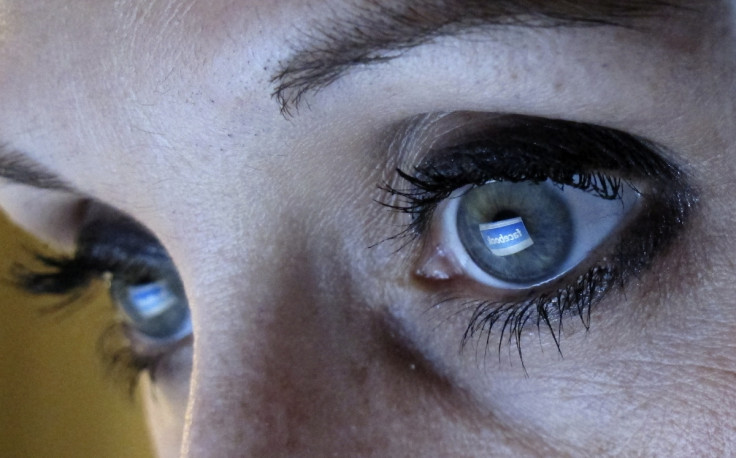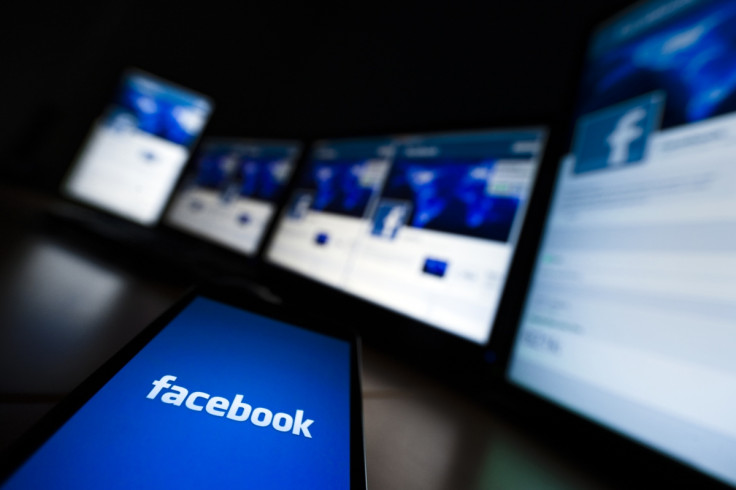How the Billion-Member Social Network is Making Us Lonely
Mark Zuckerberg's character played by Jesse Eisenberg in 2010's The Social Network described Facebook as the online equivalent of college students' social lives.
"People wanna go on the internet and check out their friends, so why not build a website that offers that? Friends, pictures, profiles...I'm talking about taking the entire social experience of college and putting it online."
But as Facebook celebrates its 10th birthday, the website which grew from a Harvard dorm room to become a multi-billion dollar social superpower could be as damaging as it is useful, as psychologists find the social transition from offline to online is far from simple.
Addicted to Facebook
Despite its young age, research has already been undertaken into the effects of being addicted to Facebook, and how a never-ending stream of news from the lives of friends can have a detrimental impact on our sense of well-being.
Daria Kuss of Birmingham City University told IBTimes UK: "Depressive symptoms of excessive Facebook use are likely to relate to the overemphasis on weak ties between individuals which are propagated online and the substitution of real life friendships by online friendships."
Kuss blames the often "superficial" status of many Facebook friends - who can be acquired at the click of a mouse and never actually interacted with - for problems with users' real-life relationships.
"Particularly for young and/or socially inexperienced individuals these online friendships may become too important, at the expense of deeper and stronger ties with friends in real life. Participating in social networking sites may therefore result in feeling 'alone together' amidst 'friends'."
Lurking rather than interacting
In some cases, Kuss says, the availability of social interaction by reading friends' profiles rather than actually talking to them leads the user to be "effectively lurking rather than interacting...this creates a culture of voyeurism under the disguise of 'Facebook friendship'."

It has been found that young adults are particularly susceptible to having their social skills damaged by excessive Facebook use. A 2013 research paper lead by Ethan Kross from the The Institute of Social Research at The University of Michigan, concludes: "On the surface, Facebook provides an invaluable resource for fulfilling [social] needs by allowing people to instantly connect.
"Rather than enhancing well-being, as frequent interactions with supportive 'offline' social networks powerfully do, the current findings demonstrate that interacting with Facebook may predict the opposite result for young adults - it may undermine it."
Speaking to IBTimes UK, Kross says the commonly held belief that Facebook users only post content which shows their life in the best light is "certainly one of the leading predictions" as to why excessive Facebook use has been linked to depression.
Lowering self-esteem
A 2012 study conducted by The University of Gothenburg in Sweden found similar results when it surveyed more than 1,000 people on their Facebook use and how seeing good news from others lowered their self-esteem.
The paper concludes: "We found that people tend to report positive events and when they feel good, rather than negative events and when they feel down. We also found in this study that the more time people spent on Facebook and the more people compared themselves to other users, the less happy they are."
Although accepting that such problems are not experienced by the majority of Facebook users, the Gothenburg researchers claim the risk of becoming depressed due to content posted by others "may very well be real for a great deal of people, and should not be underestimated or ignored."
Status anxiety
Another emotion shared by some users is that of 'status anxiety', where the user worries about a status update, image or other post not attracting as many Likes and comments as those of their friends.
This desire for quantifiable positive feedback is shared by users of other social networks, not just Facebook, and the effects of feedback boosting the self-esteem of users is acknowledged in the 2011 study Feeling Bad On Facebook.
"Adolescents who received positive feedback on their SNS [social networking site] profiles reported enhanced self-esteem and sense of well-being", the study concludes.
Another psychological buzz we get from Facebook is when looking at and editing our own profile page. The 2009 journal Cyberpsychology, Behavior and Social Networking found a strong correlation between looking at our profile page and high self-esteem.

Cited by PsychCentral, the study split 63 students into three groups; the first group were given three minutes to look at and edit their own Facebook profiles, a second group sat at a computer which was turned off, and a third sat in front of a mirror as well as a turned-off computer.
The latter two groups reported no change, however "a drastic rise in self-esteem was found in the group that spent time on Facebook...those who edited their profiles had the highest self-esteem in the entire study."
Beyond Facebook
Looking beyond Facebook and social networking, Kuss warns that as more activities which previously required human interaction - shopping, banking, etc - are replaced by self-service machines and the internet, the less socially skilled we become.
Kuss told IBTimes UK: "The effective replacement of humans by machines results in unforeseen circumstances for our conception of what is human and what is interactive. It remains to be seen how far this trend will progress."
Facebook's intention was to take our life online and make us more social as a result. We flocked to it like the coolest club in town, uploaded thousands of pictures of our smiling, often-drunk selves, checked into expensive restaurants and took photos from the top floors of the tallest buildings.
We collected friends like Pokemon cards - friends we haven't spoken to for years and may never see again, except in a notification to remind us of their birthday - we Poked and Liked; we Posted; we Tagged, Shared and we Unfriended.
Sometimes we deleted our accounts and claimed a stint of cold turkey would do us good, detoxing us from the need to share every aspect of our life, and removing us from the inane status updates of friends who we keep solely because we like to be annoyed by them.
It's hardly a surprise then, when this tool made to connect us and make us more social than we had ever been before has caused its most regular users to feel worse about themselves.
The last 10 years have brought about massive changes to our most fundamental of social needs, but while the ability to connect with a billion people almost instantly is a truly remarkable feat, we appear to be edging dangerously close to having too much of a good thing.
© Copyright IBTimes 2024. All rights reserved.






















